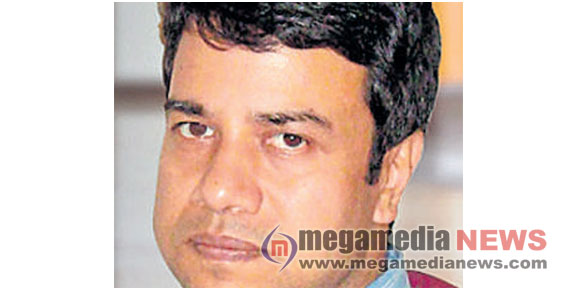IISc scientist among six Infosys Science Prize winners
3:43 PM, Saturday, November 19th, 2016 Bengaluru: The Infosys Science Foundation on Friday announced the names of six winners of the Infosys Science Prize 2016 for their exemplary work in various fields of research. Each winner gets a prize of Rs 65 lakh.
Bengaluru: The Infosys Science Foundation on Friday announced the names of six winners of the Infosys Science Prize 2016 for their exemplary work in various fields of research. Each winner gets a prize of Rs 65 lakh.
The winners were shortlisted from over 250 nominations. This year saw the highest number of nominations since the inception of the awards. Among the winners is Prof V Kumaran from the Indian Institute of Science, Bengaluru. Kumaran won the award in the category of Engineering and Computer Science.
The Jury Chair, Prof Pradeep K Khosla from the University of California San Diego chose Kumaran for his work in complex fluids and complex flows especially in transition and turbulence in soft walled tubes and channels. His work is of utility in the cardiovascular and pulmonary health field. Speaking about it, the awardee said, “It is in fact a great honour for me. I was surprised as I was unaware of the nominations. This recognition does mean a lot. I hope I will be able to live up to it.”
Speaking at the event, N R Narayan Murthy, founder, Infosys said the country needs to advance in the field of mathematics research. “Out of the eight awardees in the Mathematics category since the inception of the award, six were researchers who were of Indian origin but living abroad. Mathematics does not need heavy investment. It is time that India wakes up to this fact and takes to maths in a bigger way,” said Murthy.
Shibulal S D, former CEO of Infosys and the current president of the Infosys Science Foundation said the purpose of the award was to bring romance back into research.
Speaking about the number of researchers in the country, Shibulal said that while selecting women for the award, the age limit was relaxed up to 55 for women to accommodate them in case they had taken a break. The age limit for men is 50.
“There are about 300 thousand entering the research field in the country. This is probably one of the lowest and the numbers are coming down. This is a much wider problem. This needs to be encouraged at the school itself,” he added.
Addressing a query on whether science was a male specific domain, he said that over 60% of those who had enrolled for the foundation’s Physics Immersion programme were girls.
Simillar Posts
Warning: count(): Parameter must be an array or an object that implements Countable in /home/megamcaq/public_html/wp-content/plugins/post-plugin-library/common_functions.php on line 357
- None Found
Leave a Reply
© Copyright 2008 www.megamedianews.com All Rights Reserved. Privacy Policy








 Posted in
Posted in  Tags:
Tags: 



